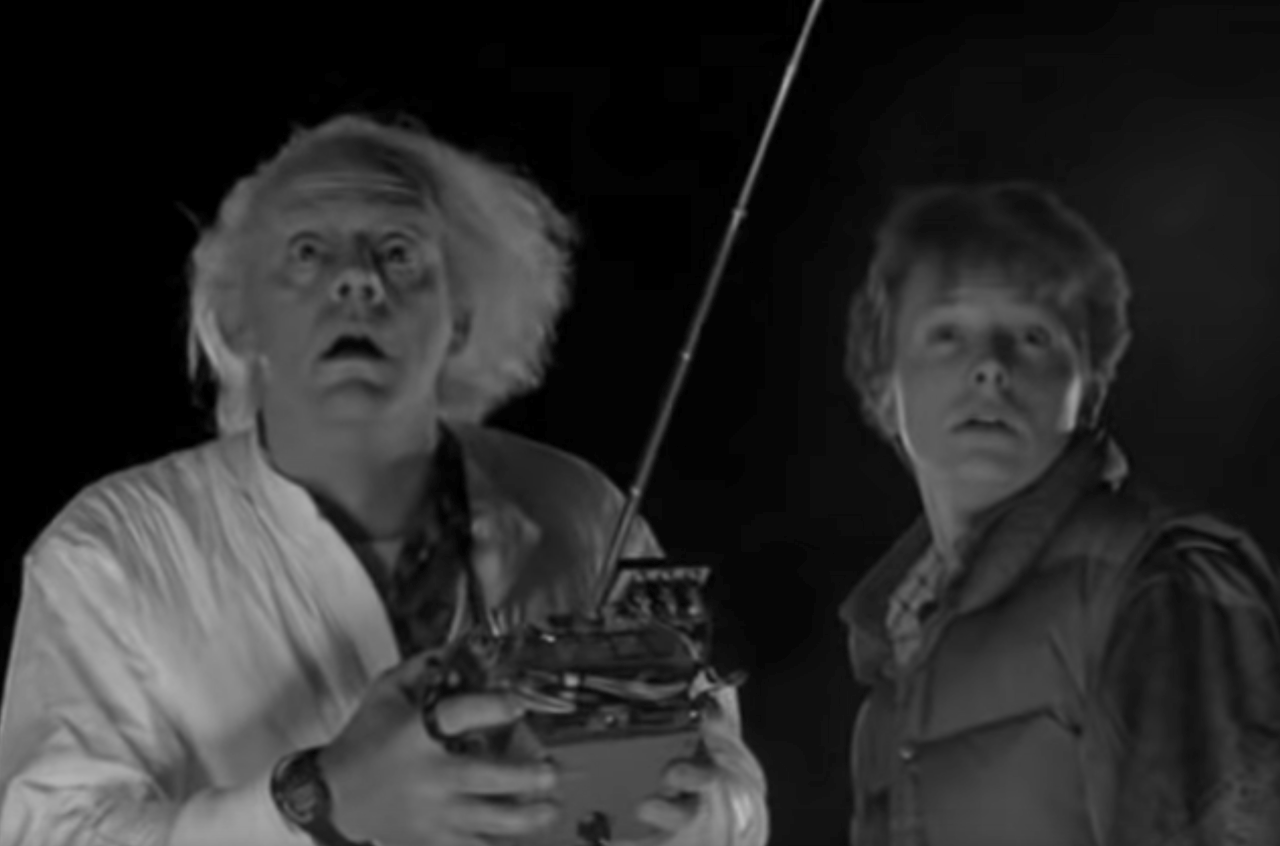This morning, the alarm on my phone woke me up at 8:30, feeling unusually well-rested and ready to take on the day. I then checked the news on my phone, let my dog out, and went into the kitchen to make coffee. Depending on whether I get sucked into trying to figure out the news stories that people on my Twitter timeline are making oblique references to, this can take anywhere from ten to thirty minutes. But when I looked at the clock on my microwave, I was hit with a momentary panic — somehow I’d spent an hour and fifteen minutes doing… uh, I’m not sure. Did it really take me that long to read some article from six months ago about how the Golden State Warriors are really into chess? How many times did I listen to that new Freddie Gibbs and Curren$y song where Gibbs rhymes “Manafort Papadopoulos” with “Trump sweatin’ bullets on Diet Coke sniffin’ powder up?” Did I see the Kanye tweet about McDonald’s, black out, and go get an Egg McMuffin? Was I just walking really slow?
Oh wait, my maybe-not-as-well-rested-as-I-thought brain realized. Yeah. The clock thing. Falling back an hour.
We aren’t the first society to tinker with time to give us more hours in the sun, of course. In ancient Rome, days were divided into twelve hours of light and twelve hours of darkness, meaning that the hours went by faster in the winter and longer in the summer. This was important both because it insured that the Romans had some leisure time in the daylight, but also because the streets of ancient Rome weren’t exactly a place you wanted to be hanging out in at night. Not only did crime increase after dark in the city, as you might imagine, but it also became straight-up gross — the Romans went to the bathroom in chamber pots, which they’d then dump out into the streets through their windows, meaning that there was a distinct chance that if you were walking a dark street at night someone might accidentally pour a soup full of piss and shit onto your head.
Our society’s parabolic ascent into a more connected world has had so many major effects on our lives that it feels trivial to concentrate on the small stuff, but sometimes you need the minute to throw the massive into relief. For decades, Americans have participated in a twice-yearly mass ritual where we set every clock we had access to forward an hour in the spring and back an hour in the fall. Though proposed by both Ben Franklin in the 1700’s and the British aristocrat William Willett in 1905, governments didn’t formally adopt daylight saving time until World War I, when countries switched their timekeeping around so that people would conserve energy (energy which would, as you might guess, be funnelled into various nations’ war efforts). The process was haphazard at best — newspapers and local TV stations would run reminders to change your clocks over, and growing up, I distinctly remember the day of the clock changeover as a semiannual comedy of errors, full of tardiness, early arrivals, and a lack of general consensus about what time it actually was. Regimented time is a social construct, and never was that more clear than the day after we sprang forward or fell back.
Today, the process is, if not automatic, at least more regimented than ever before. Instead of being prompted by the media to make the switch, our phones and computers do it automatically, causing us to fan out, dutifully messing with the clocks on our walls, desks, bedside tables, cars, appliances, and anything other device that tells you the time but hasn’t yet been jacked into the dreaded Internet of Things. The more connected we are, the less necessary it is to even realize that daylight saving time even exists. This smoothing-over of an ungainly task is good on a lot of levels — I don’t want to go out into the kitchen after I write this and spend five minutes figuring out how to switch the time on my microwave, for example — but it’s also a reminder that as we become increasingly reliant upon the internet to help us get shit done, we subtly cede control over our own lives, sacrificing agency for a little hit of convenience.
